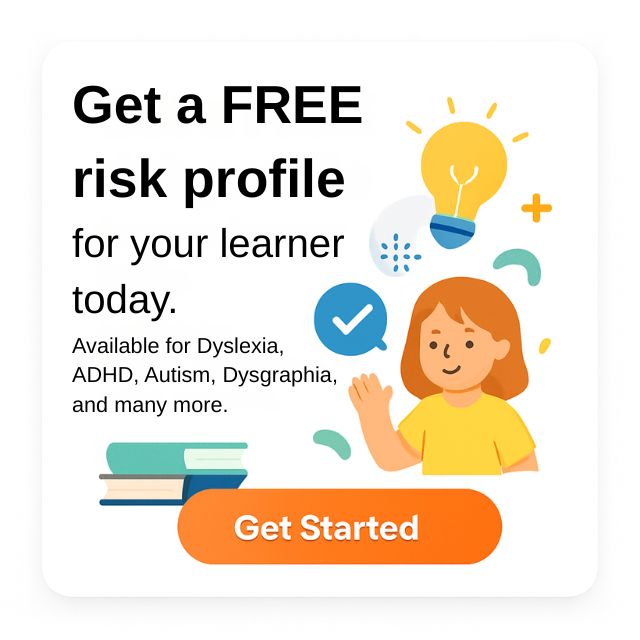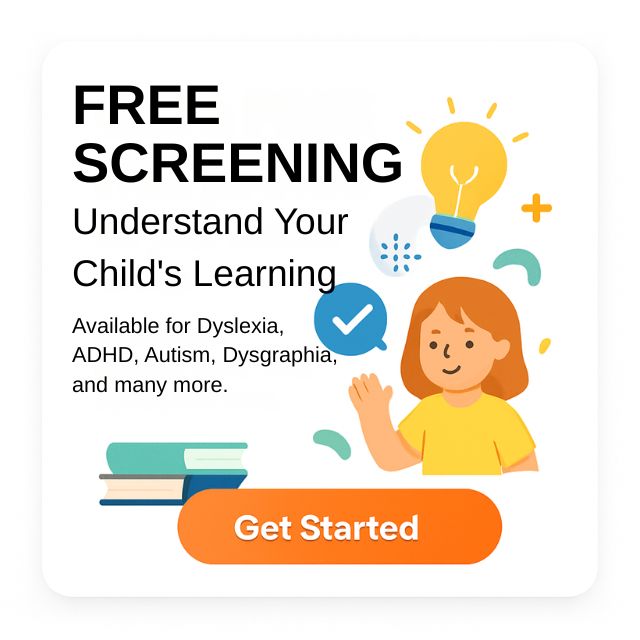How to Understand Your Child’s Assessment Report: A Guide for Parents
At EmpowerKidz, we know that navigating your child’s assessment report can feel overwhelming. Whether it’s a report on cognitive abilities, academic skills, or social-emotional functioning, each section is packed with valuable information that can guide you in supporting your child’s growth. Here’s a simplified guide to help you interpret these reports and turn insights into actionable steps.

1. Start with the Basics: What Is the Assessment Measuring?
Most assessment reports cover three main areas:
- Cognitive Skills: These include memory, processing speed, and attention. Assessments like IQ tests provide insights into cognitive strengths and areas that may need support.
- Academic Skills: This part evaluates skills in reading, math, and writing, indicating how your child performs compared to peers.
- Behavioral and Social-Emotional Skills: Behavioral assessments reveal how your child interacts socially and emotionally, focusing on areas like impulse control, attention, and social awareness.Each of these areas gives you a well-rounded view of your child’s unique learning profile.
2. Most reports include terms that can be confusing.
Here’s a quick guide to some of the most common:
- Percentiles: Percentiles show where your child’s scores fall compared to others their age. For instance, scoring in the 70th percentile means they performed better than 70% of their peers.
- Standard Scores: Standard scores are based on a normal range (typically 85–115) that represents average performance.
- Scaled Scores: Scaled scores often appear in subtests and use a different range (usually 1–19), with 10 as the average. Scaled scores give a more specific picture of strengths and weaknesses within an area.
3. Interpreting the Cognitive Section:
The cognitive section is a powerful part of the report that shows how your child processes information.
Key areas include:
- Working Memory: Indicates your child’s ability to hold and manipulate information in their mind, which affects problem-solving and following instructions.
- Processing Speed: Measures how quickly your child can complete tasks, often impacting reading fluency and written work.
- Executive Functioning: Involves planning, organization, and attention. It’s especially relevant for children with ADHD and other learning differences.At EmpowerKidz, we use this information to create targeted interventions that align with your child’s cognitive strengths and areas needing support, like structured exercises for memory or attention-building activities.
4. Academic Skills Analysis: Breaking Down Reading, Math, and Writing
Academic skills are assessed to see how your child is performing in foundational areas like reading comprehension, math calculations, and written expression.
- Reading: Tests in this area assess decoding, fluency, and comprehension, key to identifying challenges like dyslexia.
- Math: Evaluates basic calculation skills, applied problem-solving, and number sense.
- Writing: Looks at grammar, spelling, and sentence structure.
- Behavioral and Social-Emotional Skills: Behavioral assessments reveal how your child interacts socially and emotionally, focusing on areas like impulse control, attention, and social awareness.
At EmpowerKidz, understanding these skills helps us design personalized literacy and math support, using programs that target specific areas such as reading fluency or comprehension strategies.
5. Behavioral and Social-Emotional Insights
Behavioral assessments provide insights into your child’s emotional and social functioning, especially in areas like attention and social awareness. This section may reveal:
- Attention and Focus: Key for identifying signs of ADHD and understanding your child’s learning environment needs.
- Impulse Control: Highlights self-regulation abilities that impact classroom behavior.
- Social Skills: Shows how your child interacts with others, a crucial element for supporting peer relationships.
At EmpowerKidz, we incorporate social-emotional strategies into our therapy, like mindfulness techniques and self-regulation exercises, to support behavior and peer interactions.
6. Turning Report Findings into Actionable Steps
After reading through the report, it’s essential to connect these findings to specific goals for your child. Here are a few next steps:
- Prioritize Areas for Support: Focus on key areas where your child needs the most help, like reading comprehension or attention-building.
- Collaborate with Educators and Therapists: Share the report findings with your child’s teachers and educational therapists at EmpowerKidz. Together, we can create a well-rounded plan tailored to their unique needs.
- Track Progress: Set goals based on the report and monitor your child’s progress with regular check-ins to ensure they’re on the right path.
EmpowerKidz is here to help every step of the way!
At EmpowerKidz, we believe that every assessment report is a roadmap, highlighting your child’s strengths and areas for growth. Our team is here to help you make sense of each detail and turn it into a tailored plan that empowers your child. If you’d like support understanding your child’s report or creating an action plan, feel free to reach out.
Let’s work together to unlock your child’s potential, one step at a time.
2411, Old Crow Canyon Road, Suites 140, San Ramon, CA 94583, USA
anupma@empowerkidz.com
+1 (669) 900-2315
© Copyright 2021 EmpowerKidz
Designed & Developed by Congruence Digital



Leave a Reply